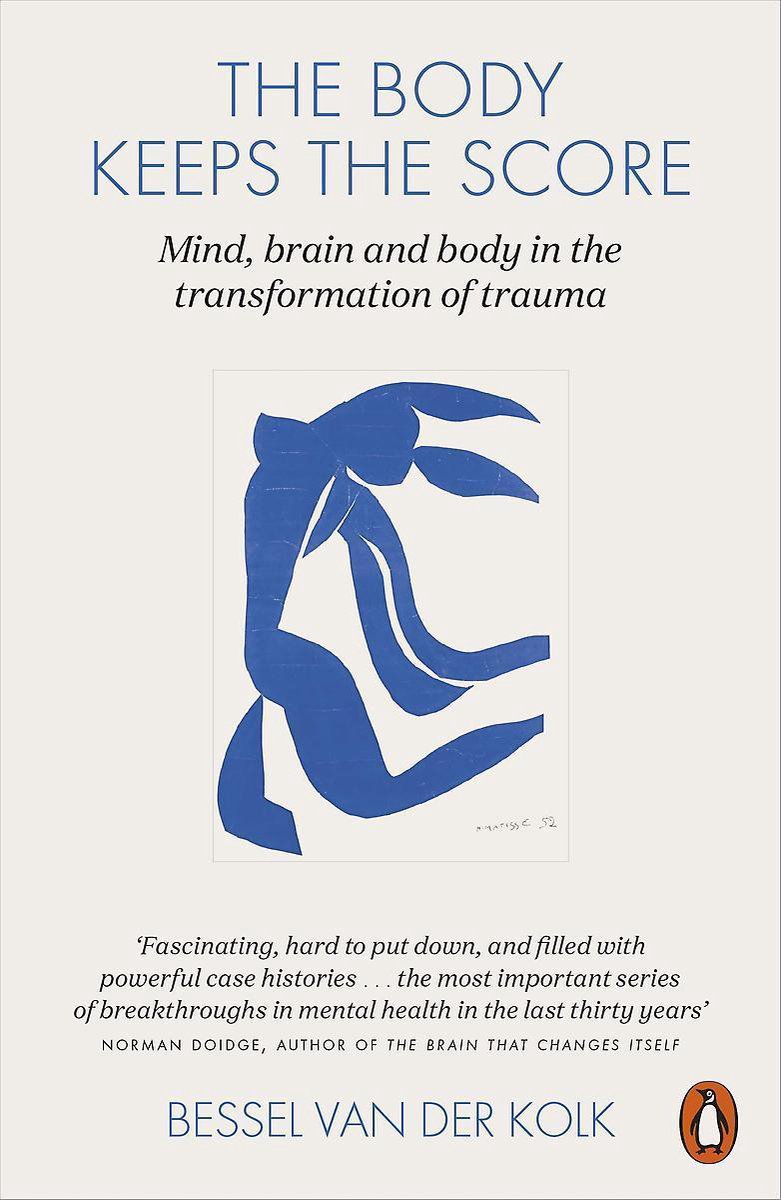

A larger number of kids gets beaten very hard by their own caregivers. But at least one out of eight kids in America witness physical violence within their parents. People usually think about the military when they talk about trauma. Now, in retrospect, that shows us how ignorant and narrow-minded we were, because it turned out that this is not our usual experience at all. And in the definition of PTSD, we write, these people have been exposed to extraordinary events that's outside of normal human experience.

But their bodies were clearly affected by trauma and they had very hard time connecting with new people after the war.Īround that time, a group of us started to define what trauma is. And they clearly were just a shadow of their former self. These were guys who were my age, who were clearly smart and competent and athletic. The very first day that I met Vietnam veterans, I was just blown away. 1978 was the year, and the Vietnam war was over by about six or seven years. I got interested in trauma on my first day working at the Veterans Administration. I'm a psychiatrist, neuroscientist, and author of the book, "The Body Keeps the Score." The problem with trauma is that when it's over, your body continues to relive it. But the moment that a situation is over, it's over.

We all have jobs and situations that are really unpleasant. As I like to say to people, life sucks a good amount of the time. Luckily, modern psychological practices are developing innovative ways to heal from trauma that actually work.īESSEL VAN DER KOLK: The most important thing to know is that there's a difference between trauma and stress. Once your brain changes and you’re in constant fight or flight mode, it can be hard to stay focused, feel joy, or experience pleasure until this trauma is healed. The problem with trauma is that it starts when something happens to us, but that’s not where it stops – it changes your brain.Were you alone and scared, were you comforted by friends and family? Whether something becomes traumatic or not has a great deal to do with who’s around you while you experienced this event. Something that is traumatic to one person may be no big deal to the next. As you can see, trauma isn’t what happens to you, but how you respond to the traumatic situation.But when your body continues to re-live that stress for days, weeks, months, or even years, that stress changes your brain, creating trauma inside your mind, and that trauma can eventually manifest in your physical body. We all have jobs, life events, and unpleasant situations causing us daily stress. Contrary to popular belief, trauma is extremely common.


 0 kommentar(er)
0 kommentar(er)
